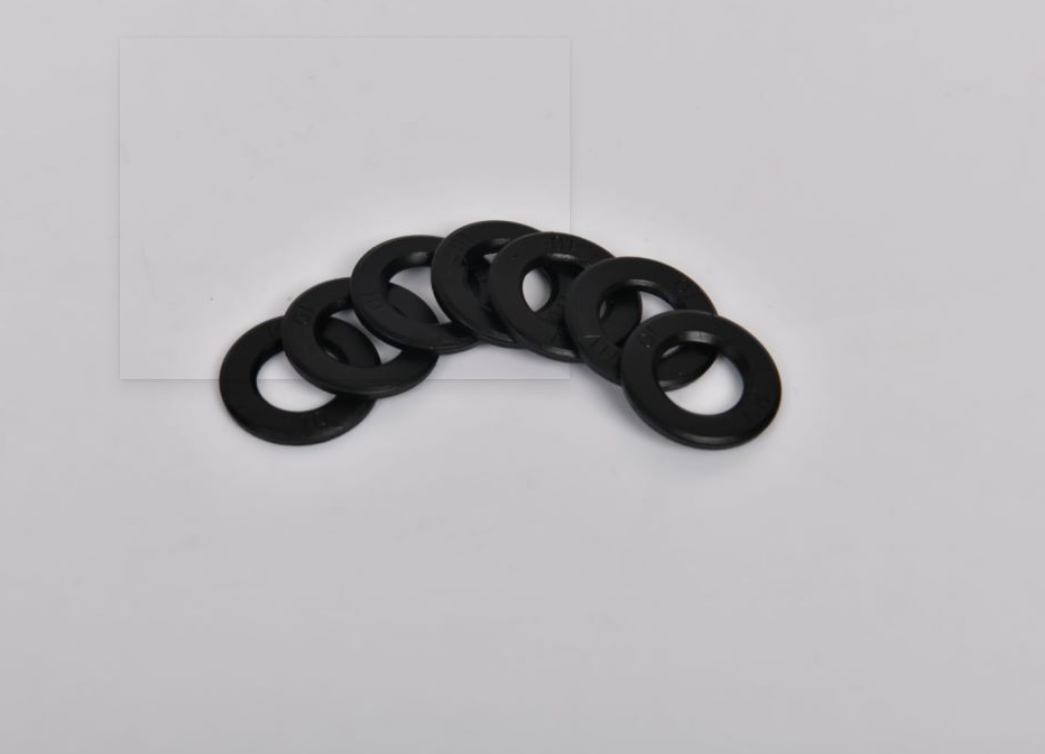Order Lock Washers and Bolt Washers from Factory Directly for Quality Assurance
Understanding Bolt Washers, Lock Washers, and Order Processing in Factories
In the world of manufacturing and assembly, small components can play a crucial role in ensuring the durability and safety of products. Among these components, bolt washers and lock washers are essential elements that contribute significantly to the integrity of mechanical connections. With a growing demand for these items, understanding their functionalities and the order processing in factories specializing in these components becomes increasingly important.
What are Bolt Washers and Lock Washers?
Bolt Washers are flat discs typically made of metal or plastic, which are placed under the head of a bolt or between the nut and the surface being fastened. Their primary function is to distribute the load of the bolt or nut over a larger area, thereby preventing damage to the material being fastened. They also help to reduce friction during assembly and provide a better grip, preventing the bolt from loosening over time.
On the other hand, Lock Washers are designed specifically to prevent bolts and nuts from loosening due to vibration. They come in various shapes, such as split or toothed, and work by employing a spring effect that maintains pressure on the bolt and nut. When a lock washer is used, it creates a greater resistance to loosening, making it particularly useful in applications subjected to dynamic forces.
The Importance of Proper Ordering
Ordering these washers might seem straightforward, but it requires careful consideration of various factors. Identifying the correct type of washer, size, material, and finish is critical for ensuring that the components perform optimally in their intended applications. For instance, a washer used in a high-temperature environment may need to be made from heat-resistant material, while those used in corrosive environments should have appropriate coatings or be made from stainless steel.
Additionally, specifications related to the load capacity, thickness, and internal/external diameters of these washers should be clearly outlined when placing an order. This precision is vital for manufacturers to maintain high efficiency and safety standards, ultimately impacting the overall quality of the final product.
bolt washer lock washer order factory

Order Processing in Factories
Once the specifications are established, the next step involves processing the order through the factory. Factories that specialize in manufacturing bolt and lock washers typically have a well-defined workflow. This usually includes the following steps
1. Order Confirmation Upon receiving an order, the factory confirms the specifications and delivery timeline with the client. This ensures that there is mutual understanding and helps in avoiding any potential miscommunication.
2. Material Selection Based on the order, the factory selects the appropriate materials for production. The choice of material affects not only the performance of the washers but also their cost.
3. Manufacturing Process Utilizing modern equipment, factories employ various techniques to produce washers—these may include stamping, machining, or even 3D printing, depending on the complexity and customization of the order.
4. Quality Control Before dispatch, quality control checks are performed to ensure that each washer meets the defined specifications and industry standards. This step is crucial for maintaining the integrity of assembled components in end-use applications.
5. Packaging and Delivery After passing quality checks, the washers are packed carefully for delivery. Factories have logistics teams in place to handle shipping, ensuring timely delivery to clients.
In conclusion, bolt washers and lock washers are vital components that serve essential functions in mechanical assemblies. Understanding their characteristics and the specifics involved in the ordering process from factories can significantly enhance the assembly quality and longevity of various products. As industries continue to evolve, the demand for quality components remains high, emphasizing the importance of meticulous order processing and precise manufacturing techniques.
-
Top Choices for Plasterboard FixingNewsDec.26,2024
-
The Versatility of Specialty WashersNewsDec.26,2024
-
Secure Your ProjectsNewsDec.26,2024
-
Essential Screws for Chipboard Flooring ProjectsNewsDec.26,2024
-
Choosing the Right Drywall ScrewsNewsDec.26,2024
-
Black Phosphate Screws for Superior PerformanceNewsDec.26,2024
-
The Versatile Choice of Nylon Flat Washers for Your NeedsNewsDec.18,2024










